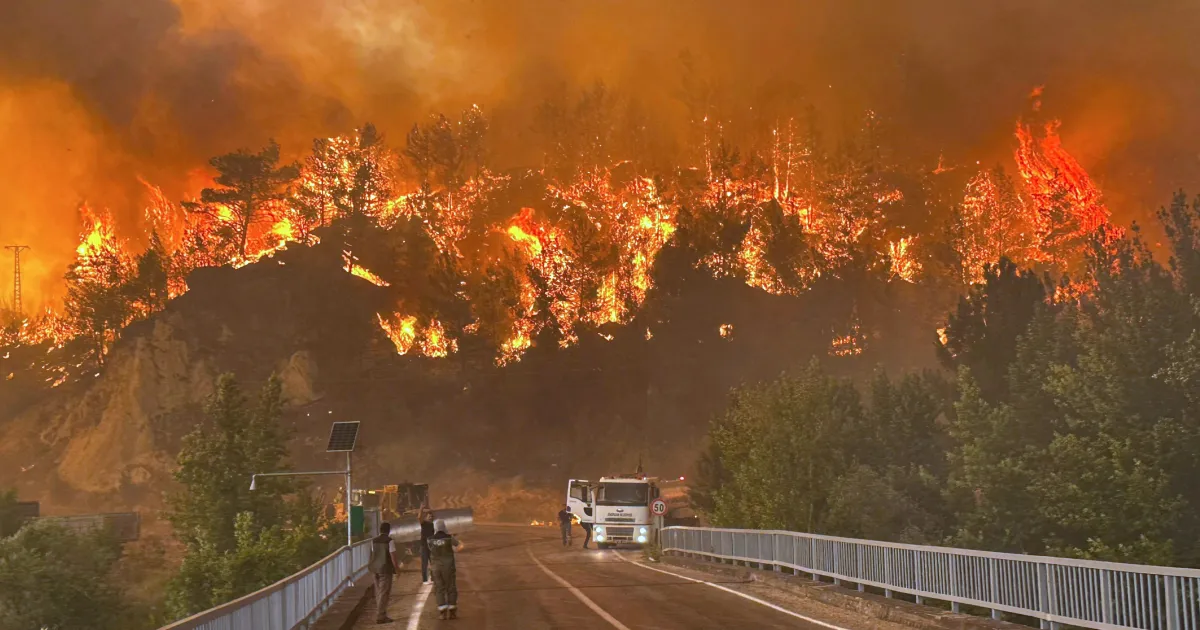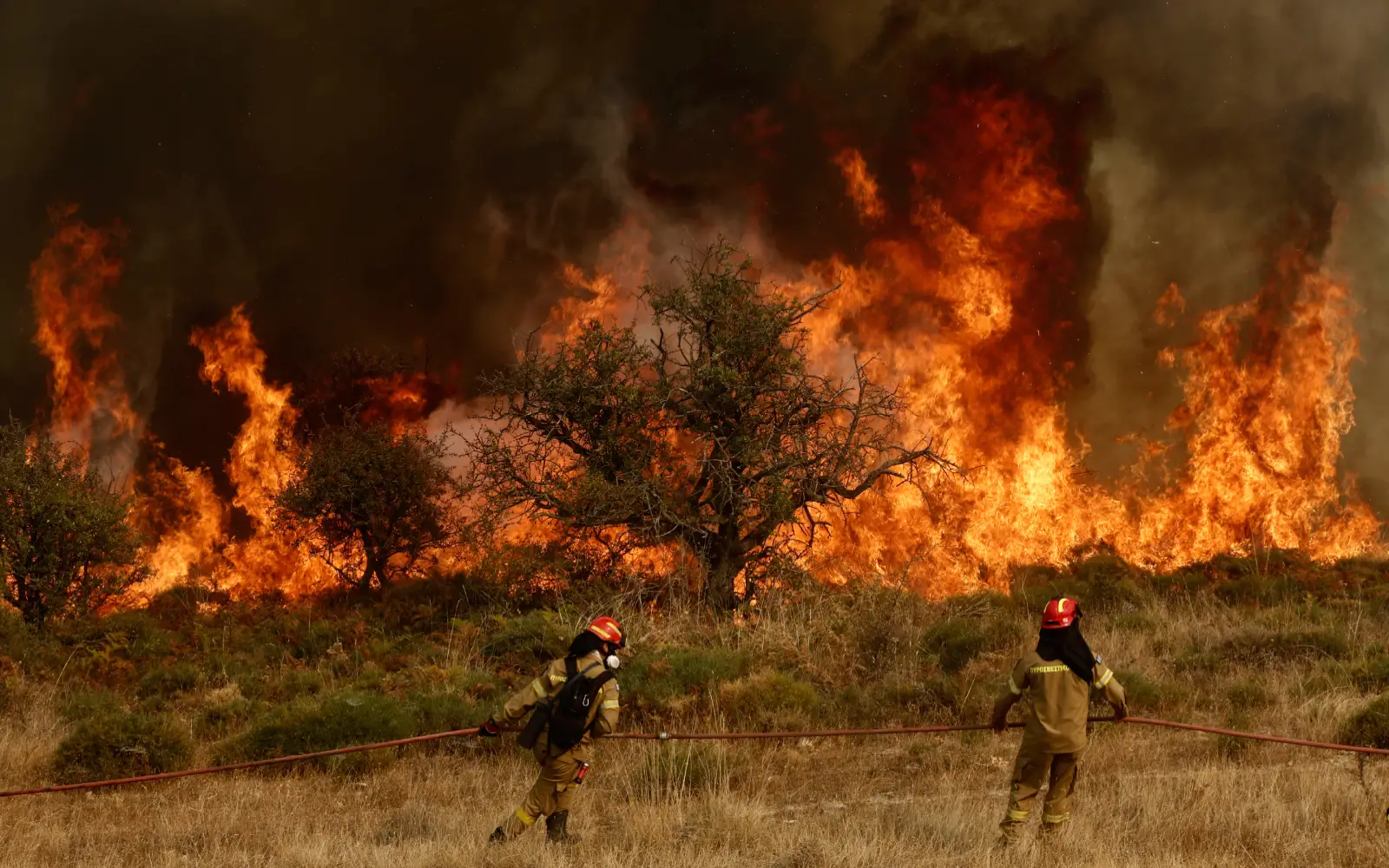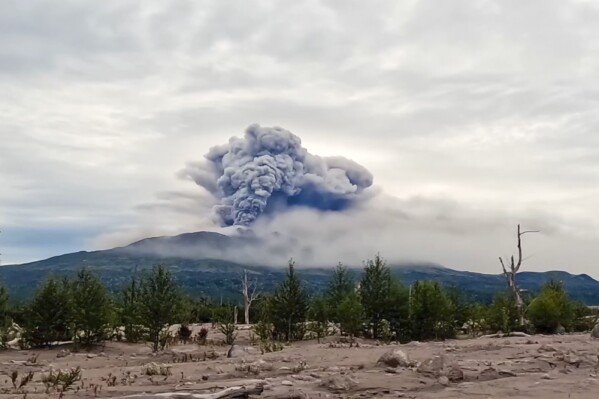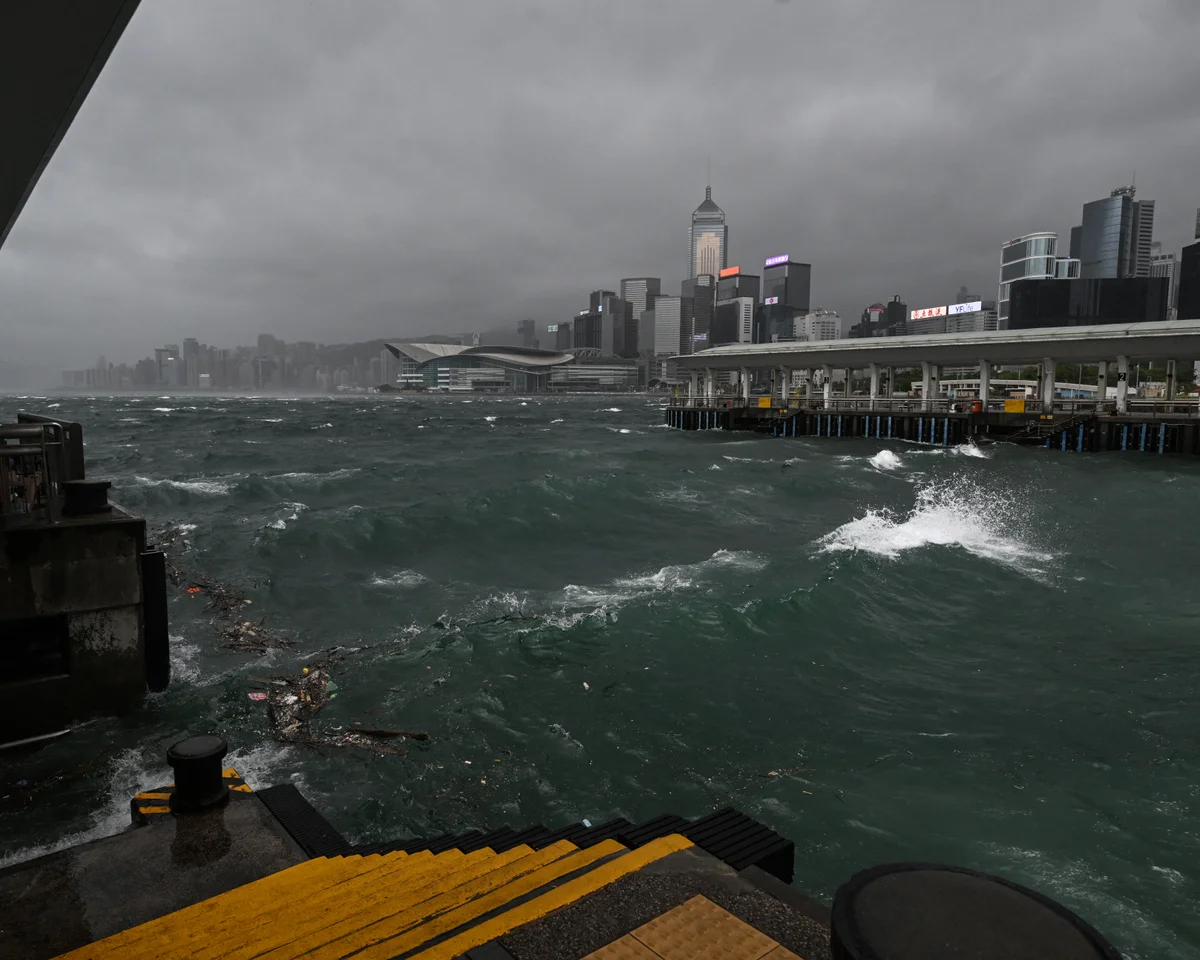“Sea-level rise caused by climate change could trigger urgent and existential threats to a habitable planet” — International Court of Justice (ICJ), The Hague, July 23, 2025
Climate change is no longer just an environmental issue, but a threat to human existence — the International Court of Justice (ICJ) in The Hague has delivered a historic and significant advisory opinion declaring this. On Wednesday, the world’s highest court stated that sea-level rise due to climate change may create “urgent and existential threats” for humanity.
In its observations, the court stated that greenhouse gas emissions are “clearly the result of human activity” and that their effects cross borders, spreading globally.
International response to island nations’ appeal
In 2023, the United Nations General Assembly requested this advisory opinion from the ICJ on behalf of nations affected by climate change. Island states like Vanuatu and other vulnerable Pacific nations had long been calling for international legal recognition — to hold developed countries accountable for climate-related responsibilities and to secure reparative actions.
Although the opinion is not legally binding, it provides a significant moral and legal foundation for climate justice in the international arena. Environmentalists and human rights organizations say the ruling will become “a groundbreaking precedent” for future climate litigation.
A step toward climate justice?
Analysts believe the ICJ’s declaration will intensify pressure on developed and industrialized countries that are the main contributors to greenhouse gas emissions. Affected nations can now use this opinion to strengthen their demands for climate financing, compensation, and rehabilitation.
More details and reactions to follow...









